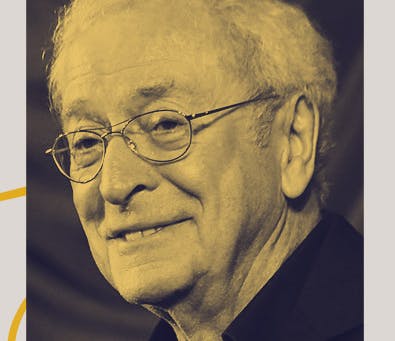4 simple steps to starting your family history journey
3-4 minute read
By The Findmypast Team | August 5, 2022
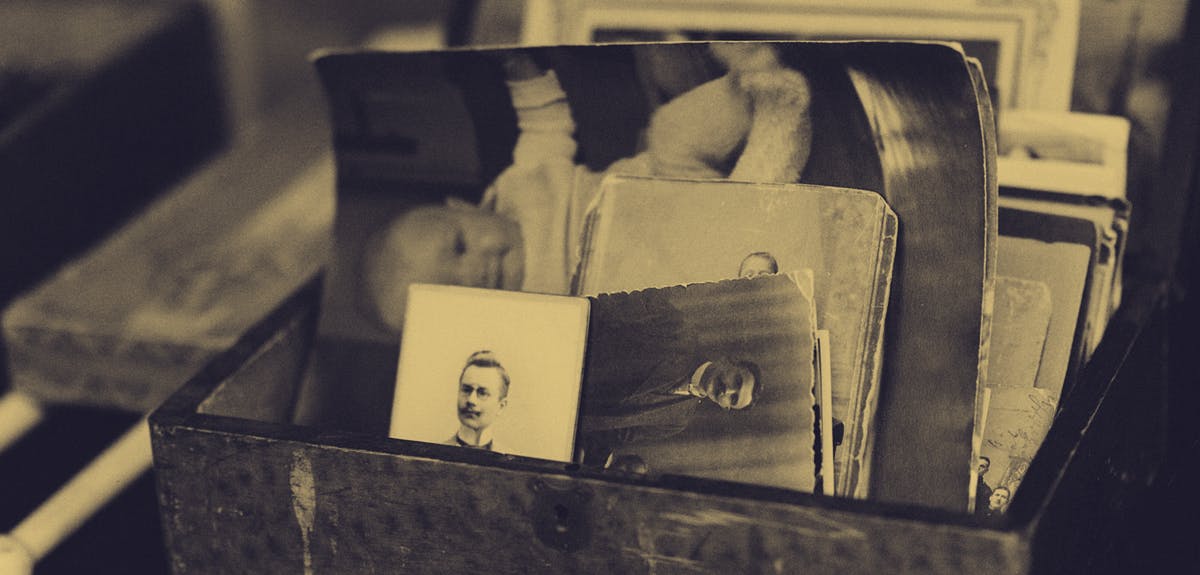
Starting your family history journey is a doddle, says Who Do You Think You Are? genealogist Laura Berry.
Delving into your family's past is one of the most fulfilling things you'll ever do and getting started has never been easier. If you're new to the fascinating world of genealogy research, follow these four simple steps and you'll be well on your way to a flourishing family tree in no time.
1. What do you think you know? Write it down
First things first. Write down everything you already know about your family, with a question mark next to any facts not completely sure of. Sketch out a simple family tree (this template will help) with you, your parents, grandparents and great-grandparents on it.
It doesn't matter if you don't know all the details, but try to include dates and places of birth, marriage and death. They'll give you a clearer picture of what you already know or need to find out. Do you know the women's maiden surnames? What about the men's occupations? All this information will help identify the right people when you start to search for them.
2. Put your relatives' heads together
Now you can show your first family tree to your nearest and dearest to see if they can fill in any of the gaps. Talking to older relatives could help you to take your tree back another generation. Ask what they remember about loved ones who are no longer around – not only are their memories the best way to conjure up a picture of your ancestors, it can be great for directing your first lines of family research too.
When did your family member get married? Who attended the wedding? Did they meet their partner in school or elsewhere? Begin to build a picture of your relative's early life and see what stories come to the fore.
Are there any family rumours that could be interesting to investigate? Any children born "on the wrong side of the blanket", any criminality, or aristocratic connections? Did anyone fight in the First or Second World Wars or spend time abroad? Make clear notes and consider recording these conversations so you have a record of everything.
3. Have a rummage
Dig out your own family archive, even if you only have your own birth certificate. While visiting relatives ask if they have any old family documents and see if they're happy for you to make copies. This can be done quickly and easily using a smartphone or digital camera. Locating original birth, marriage and death certificates will save you from paying for duplicate copies later down the line.
Things like national identity cards, driving licences, passports and letters are unique artefacts that can tell you a great deal of information. Pay particular attention to ages, addresses and occupations, and add any new facts to your family tree. Get copies of any old photos so you can put a face to a name, and don't forget to look for giveaway clues written on the back of the picture.
4. Get organised, now
As you start making headways back into your family's history, you may soon find you're swamped with information, so it really helps, in the long run, to settle on a method of recording and easily updating your findings from the start. Creating a free family tree with Findmypast is a great way to stay on top of your research. Once you've added the names and dates from your written notes to your online tree, you can then add extra facts to each person's profile, like their occupations and addresses, and upload photos and documents of what you've already unearthed.
Then the magic starts to happen. Findmypast hints will start to appear next to the names on your tree – these are clues to your family's records that have been automatically found by Findmypast's clever system. You can start reviewing these suggestions right away and attach any correct entries to your ancestors' profiles.
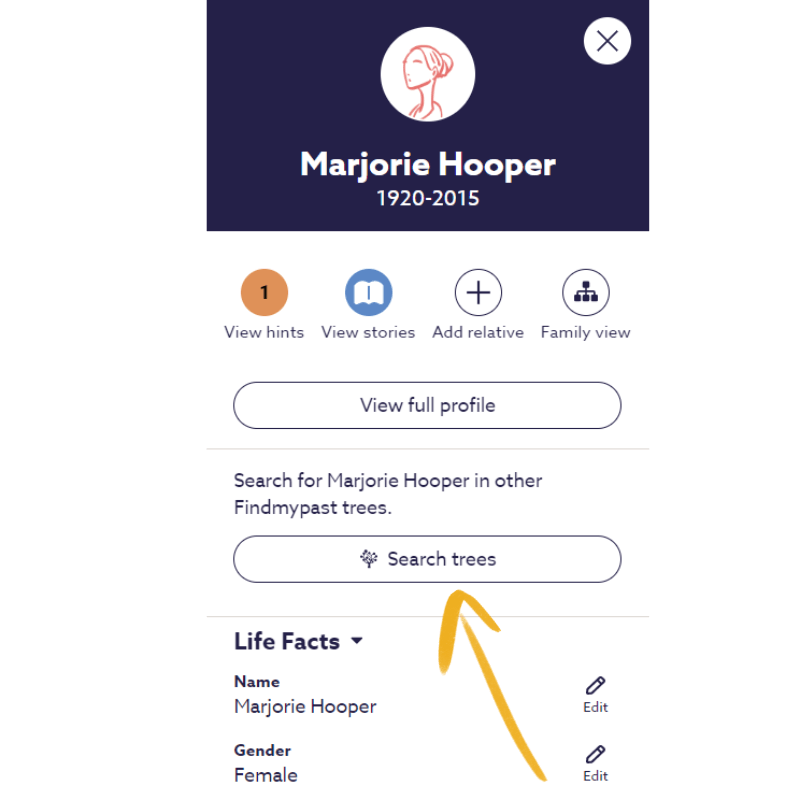
Findmypast's new tree search feature.
As well as this, you can search other member's trees for your ancestors using Findmypast's innovative tree search feature. Don't take everything at face value, of course - but you may just be able to break down some brick walls and solve some family mysteries using information from other members' family trees. Who knows? You may even discover relatives you didn't know you had.
About the author

Laura Berry is a professional archive researcher. She trained at a leading research agency under the guidance of Prof. Nick Barratt, and is currently one of the principal genealogists for BBC's Who Do You Think You Are?
Related articles recommended for you
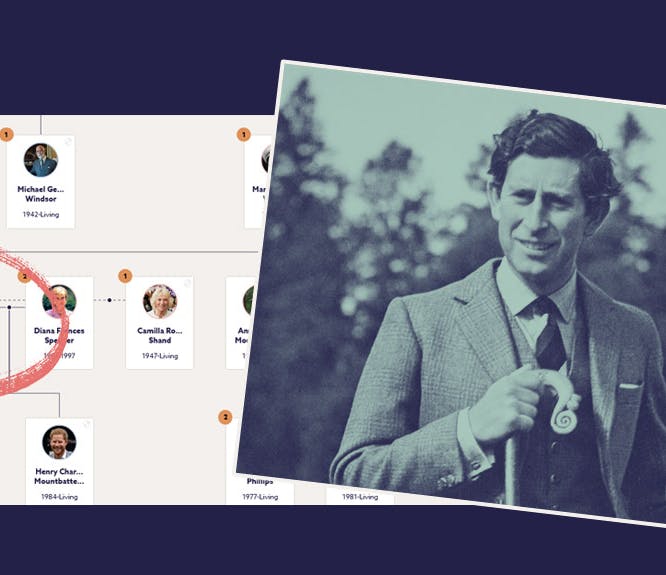
Who's who on King Charles III's family tree?
Build Your Family Tree

Findmypast is the inaugural sponsor of the new Women’s Prize for Non-Fiction
The Findmypast Community
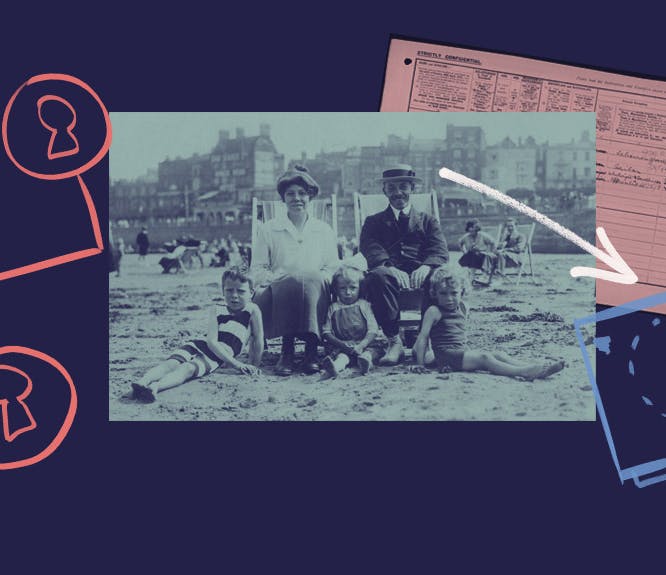
A complete guide to building your family tree
Build Your Family Tree
